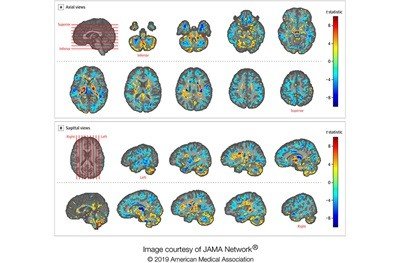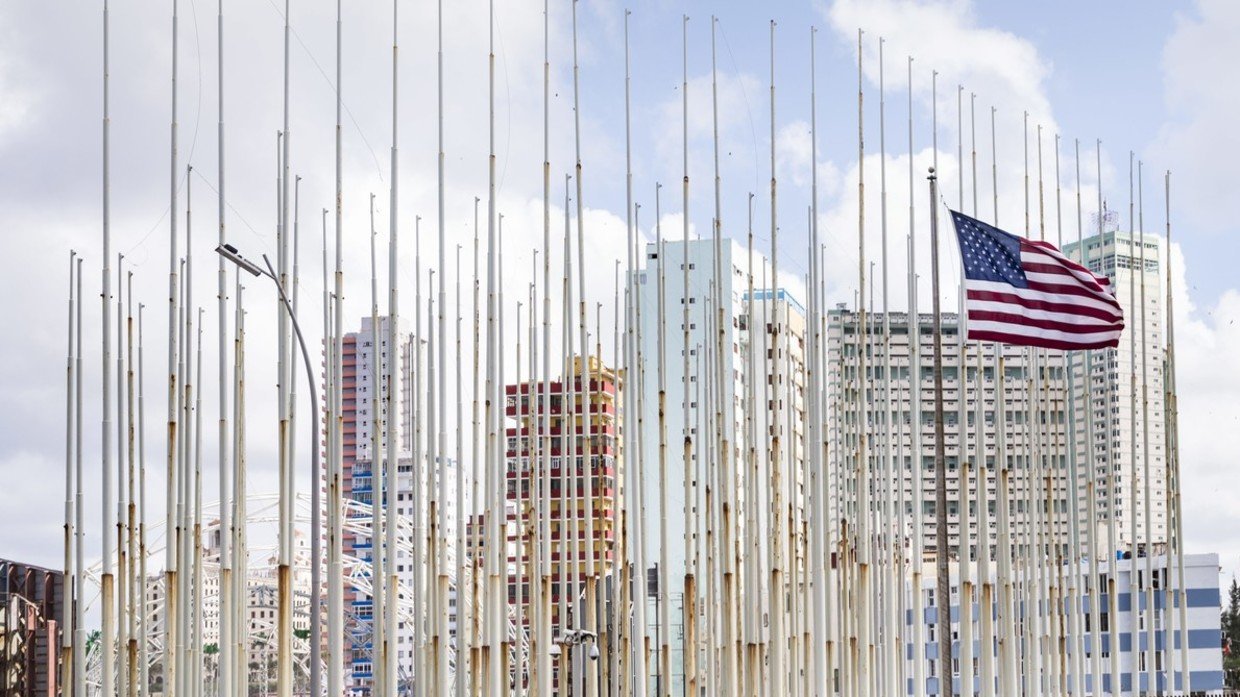The curious case of US embassy staff who fell ill in mysterious circumstances in Cuba has taken another twist as researchers who studied their brains say they have found potential abnormalities which may explain their symptoms.
Scans taken from 40 US government workers who complained of suffering from concussion-like symptoms while deployed in Havana have revealed that the diplomats’ brains had lower volumes of white matter and lower functional connectivity between different brain regions than healthy volunteers, according to a new study published in the Journal of the American Medical Association.

The University of Pennsylvania researchers say the pattern of differences they found in the brain scans are unlike any other pathology, such as concussion or traumatic brain injury. “These findings may represent something not seen before,” study co-author Douglas H. Smith said.
The research was quickly dismissed by the Cuban government, which has repeatedly denied all responsibility for the bizarre affair. Interestingly it was also panned by several prominent experts, who pointed out that the differences found in the brains weren’t shown to be significant.
“This paper would not meet usual standards for publication, particularly in a high-profile journal, were it not for the topicality of the findings,” Prof Paul Matthews, head of brain sciences at Imperial College London, told the Guardian.
Also on rt.com ‘Wake up, America’: John McAfee hits out at anti-Cuba propaganda in US mediaThe strange phenomenon started in 2016, when dozens of government personnel and their family members began to report a range of neurological symptoms, including difficulty with concentration and memory, dizziness, visual issues and balance problems.
The symptoms were supposedly linked to sudden, intensely loud noises which US State Department officials later described as a “sonic attack” or “directional phenomena”. Officials failed to provide any specific evidence for the alleged “attack” and the specifics of the event remain a mystery.
In response to the latest study Johana Tablada, of the Cuban Ministry of Foreign Affairs, said that there was no evidence that it was a deliberate attack, two years after the investigation was opened.
“Cuba asks the US government to put an end to the manipulation of this issue as a pretext to impose more measures of aggression against the integrity of our country, this economy and the Cuban people,” she said.
So it appears as if we’re still no closer to understanding exactly what was going on at the US embassy in Havana.
Like this story? Share it with a friend!

